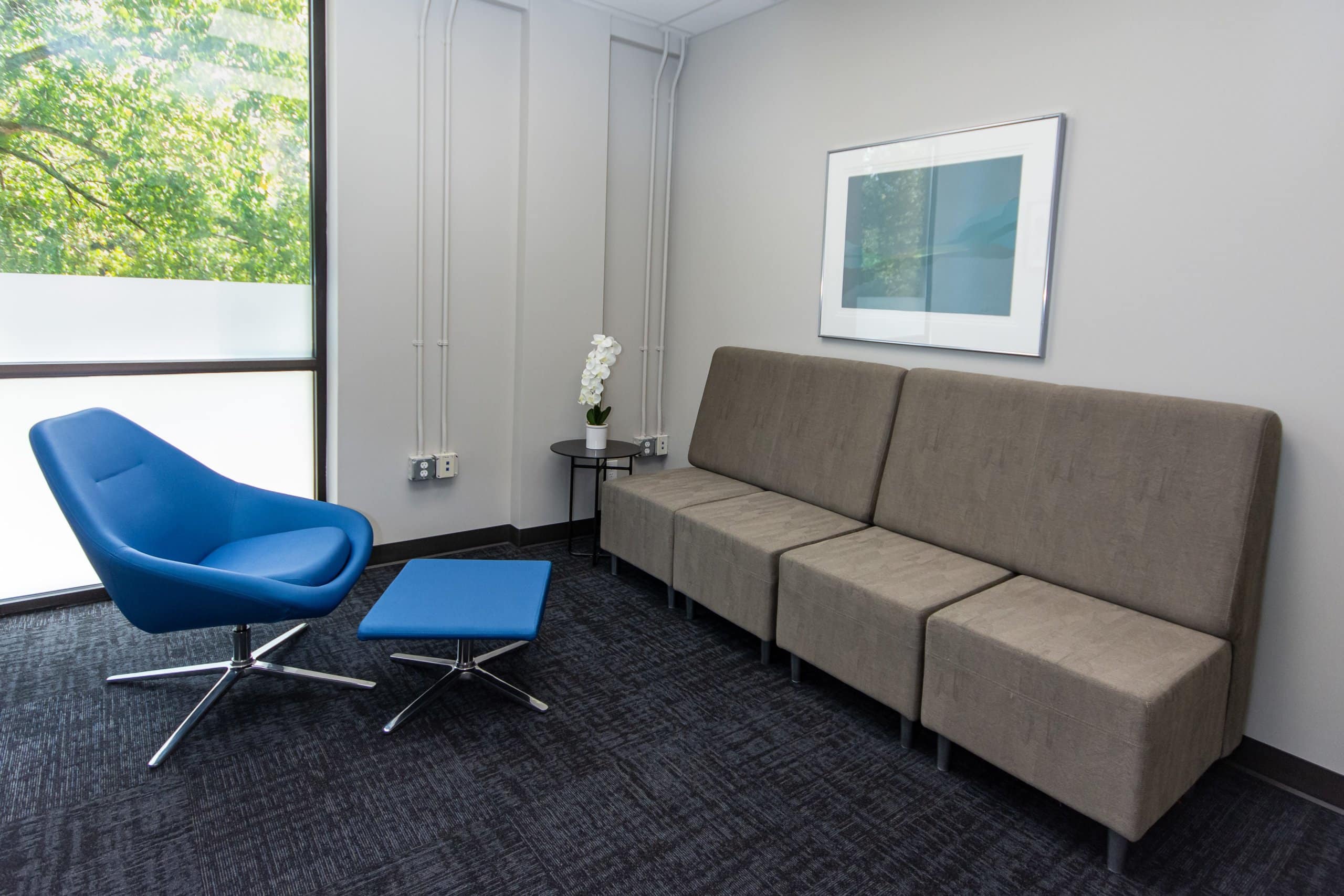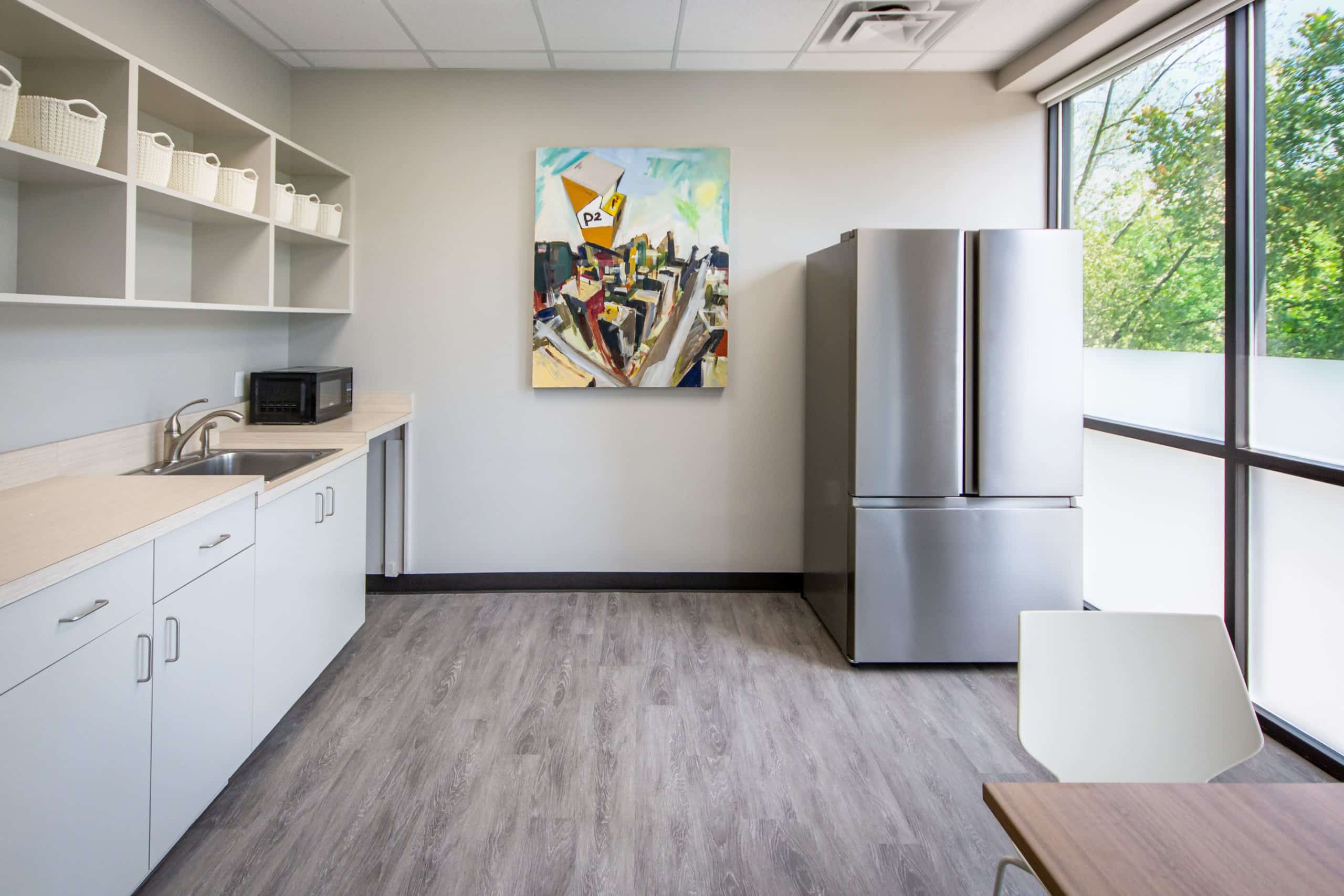Are you a mother or father wondering how to deal with a drug addict daughter? Having a child that struggles with addiction is one of the most painful things a parent can face. Every parent has a dream for their child. They want them to be healthy, happy, and live meaningful lives. Addiction is never part of that vision, but it is a family disease. Getting help quickly becomes important if it crops up.
At Buckhead Behavioral Health, we want to help you get through this. We offer family therapy and family services for all of our clients and their loved ones. Call us today at (470) 460-6789 or verify your insurance.
How To Deal With a Drug Addicted Daughter
Right now you may be feeling scared, frustrated, angry, and may be unsure what to do. However, you’re not alone. As a parent, you may want to help your daughter get the assistance she needs. Before you have a conversation with your daughter, make sure you understand and educate yourself on addiction. Learn about the effects that drug and alcohol may have on her, and when you’re ready to talk, find a time where she’s sober. Ensure that you’re both in a safe space and if you find yourself enabling your daughter, you may want to learn more about enabling or even attend an Alanon meeting.
Are You Enabling Your Daughter’s Addiction?
More often that not, parents who don’t seek help themselves may find they are enabling their daughters addiction without even realizing it. This can prolong substance use and keep it easier to continue addictive behaviors. Some signs and symptoms of enabling include the following:
- Offering to pay for bills
- Offering to “bail” your daughter out of negative situations
- Making excuses about your daughters behavior
- Offering to give your daughter money for drugs and/or alcohol
Enabling your daughter can become addictive in itself. You may be enabling out of fear of losing your daughter. However, it can perpetuate addiction. It’s not easy to stop enabling your loved one, however it is possible. Setting strict boundaries about what you will or will not do can help to stop enabling and get your daughter the help she needs.

How Can I Tell If My Daughter is Using?
It can be difficult to identify signs and symptoms that your daughter has developed a drug addiction, particularly if she works hard to hide it from everyone. Still, certain evidence exists when a substance use disorder is in play. The first part of how to deal with a drug addict daughter includes learning to recognize what’s going on.
Signs and symptoms of drug addiction include physical ones:
- Change in weight
- Difficulty sleeping or sleeping too much
- Hyperactivity
- Lethargy
- Loss of interest in hobbies and pastimes
- Not paying attention to personal hygiene
- Hiding evidence of drug use
- Possession of drug paraphernalia
- Not doing well at work or in school due to drug usage or for unexplained reasons
- Denying a drug addiction despite evidence to the contrary
- Withdrawal symptoms when not using substances
- Excessive use of money or stealing to pay for drugs
- Possession of prescription drugs not prescribed to them
- Difficulty thinking and making decisions
Emotional and psychological symptoms also can occur, including:
- Moodiness
- Anger or violent outbursts
- Anxiety
- Depressive moods
- Hyperactivity
- Becoming upset when questioned about her drug usage
The Do’s and Don’t of How to Deal With a Drug Addict Daughter
If you want to know how to deal with a drug addict daughter, start with understanding some basic things to do and things to avoid doing.
Do Educate Yourself About Addiction: Learning to understand addiction before confronting your child helps you approach it armed with the information you need. Drug addiction is not a lack of willpower or morals. It’s a medical condition and an actual illness that needs treatment in order to overcome.
Do Give Her a Chance To Open Up: Let your daughter know that she is suffering and needs to have someone on her side. Offer to listen to her talk about the origins of her addiction, what she struggles with the most, and what her goals are for a brighter future. Let her know you will help her turn her life around without judging her.
Do Offer Her Options For Treatment: Do your homework and see what drug rehab options are available. Explain to her that she will need to go to rehab first, and then let addiction experts help her determine what her next step should be. Many programs provide family therapy, which allows you to help her make progress where appropriate.
Do Consider an Intervention: Qualified addiction interventionists can offer guidance in convincing a loved one to get help.
Do Not Help Her Avoid Responsibility: Many parents feel guilty when their children suffer or struggle with a big issue. They may even enter into co-dependent relationships. Do not buy unrealistic excuses or help cover up her behavior. Taking responsibility is the first step to recovering.
Do Not Forget to Take Care of Yourself: Addiction does not happen in a vacuum; entire families are impacted. Attend a support group or see a therapist in order to keep yourself mentally and emotionally healthy.
Tour Our Atlanta Treatment Center



How Is Drug Addiction Treated?
The first step in drug addiction treatment involves going to a detoxification program. Most people stay around five to ten days and receive medical and psychological support to help reduce or eliminate drug or alcohol withdrawal symptoms. The next step may include a residential rehab or outpatient care. Outpatient programs include options like partial hospitalization and intensive outpatient care.
Many treatment facilities offer virtual IOP now, making it easy to get healthy while attending sessions from home. For others, staying in a sober living home while learning to recover fits the bill.
Does Insurance Cover Drug Addiction Treatment?
Drug addiction is also known as a substance use disorder, which is classified as a medical condition. Because of this, most insurance companies offer coverage for treatment for drug addiction. Learning how to deal with a drug addict daughter can include helping get her into treatment covered by her insurance or that of her parents.
The first step involves contacting the insurance company and finding out what options they offer. Many cover a variety of treatment choices, including detox, residential care, outpatient programs, and more. Parents can sit down with their daughter and help her understand what options exist and how to get started on treatment. Parents should make sure they conduct an insurance verification before treatment.
Learn How To Deal With a Drug Addict Daughter
Parents worry about their children, no matter what age they are. When someone’s child becomes involved in the dangerous world of addiction, parents find themselves heartbroken and scared. If you need to learn how to deal with a drug addict daughter, we can help. Buckhead Behavioral Health in Atlanta offers multiple kinds of treatment that help people get off drugs for good.
Visit our admissions page now and get started on finding some answers. We will be happy to help you understand the options you have for getting your daughter the help she needs.
[xyz-ihs snippet=”Medically-Reviewed”]











